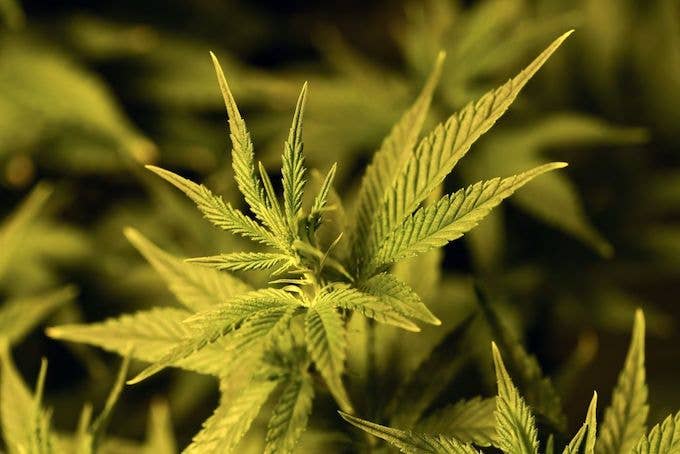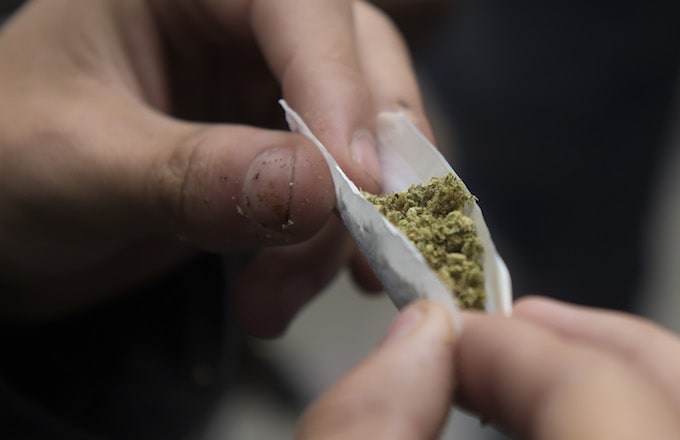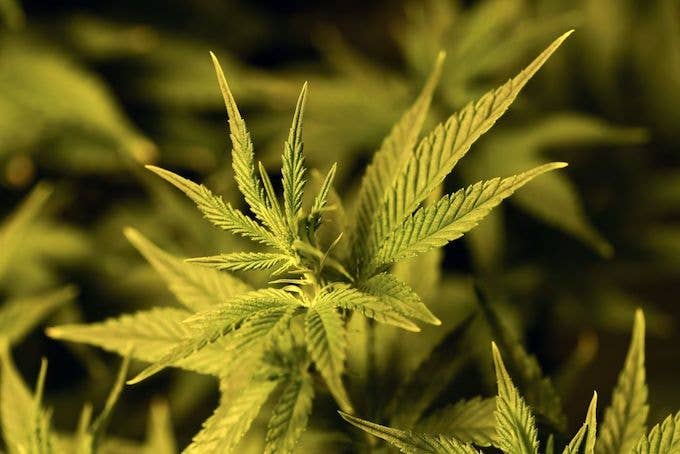
Scientists searching for ways to reduce the threat of COVID-19 may be getting an assist from the cannabis industry.
The novel coronavirus, which has kept much of the world at home on their couches for the past few months, doesn’t have a cure or a vaccine. But researchers in Alberta have found that the nation’s favourite plant might hold a secret to help curb the spread of the virus.
The study was published on Preprints, an online platform dedicated to getting research out there, and while it hasn’t been peer-reviewed, the preliminary finds are intriguing to say the least.
Researchers at the University of Lethbridge looked at over 400 Health Canada-approved THC- and CBD-dominant strains, and found that 13 of them—particularly sativas high in CBD—can down-regulate the protein receptor ACE2, which is targeted by the coronavirus in the mouth, lungs, gastrointestinal tract, and elsewhere in the body.
"Given the current dire and rapidly evolving epidemiological situation, every possible therapeutic opportunity and avenue must be considered."
In other words, because some weed strains interact with the same receptors COVID-19 would, consuming them may reduce your chances of contracting the virus. And not in an insignificant way, either: the study suggests some strains were able to reduce virus receptor activity by as much as 73 percent.
But before you roll a celebratory fatty, keep in mind that the study has yet to be peer-reviewed—a critical step in the validation process—and that scientists haven’t even tested the process on humans.

The existing research was performed on artificial 3D models that mimic parts of the body that are impacted by COVID-19, like airways and intestinal tissues. At this point, there’s no way of knowing for sure whether these strains of cannabis that worked on the 3D models in a lab would act the same way on real people.
Researchers do point out that these certain strains, especially when taken as an easy-to-consume and more cost-effective oral product like an oil or mouth spray, could be used as part of a prevention plan to help limit the spread of infection. So, it’s not a vaccine, but it could help.
“The extracts of our most successful and novel high CBD C sativa lines, pending further investigation, may become a useful and safe addition to the treatment of COVID-19 as an adjunct therapy,” said the study’s lead researcher, Dr. Igor Kovalchuk. “Given the current dire and rapidly evolving epidemiological situation, every possible therapeutic opportunity and avenue must be considered.”
With the cannabis industry currently experiencing a financial pinch, however, funding for the required follow-up science has yet to be secured.

